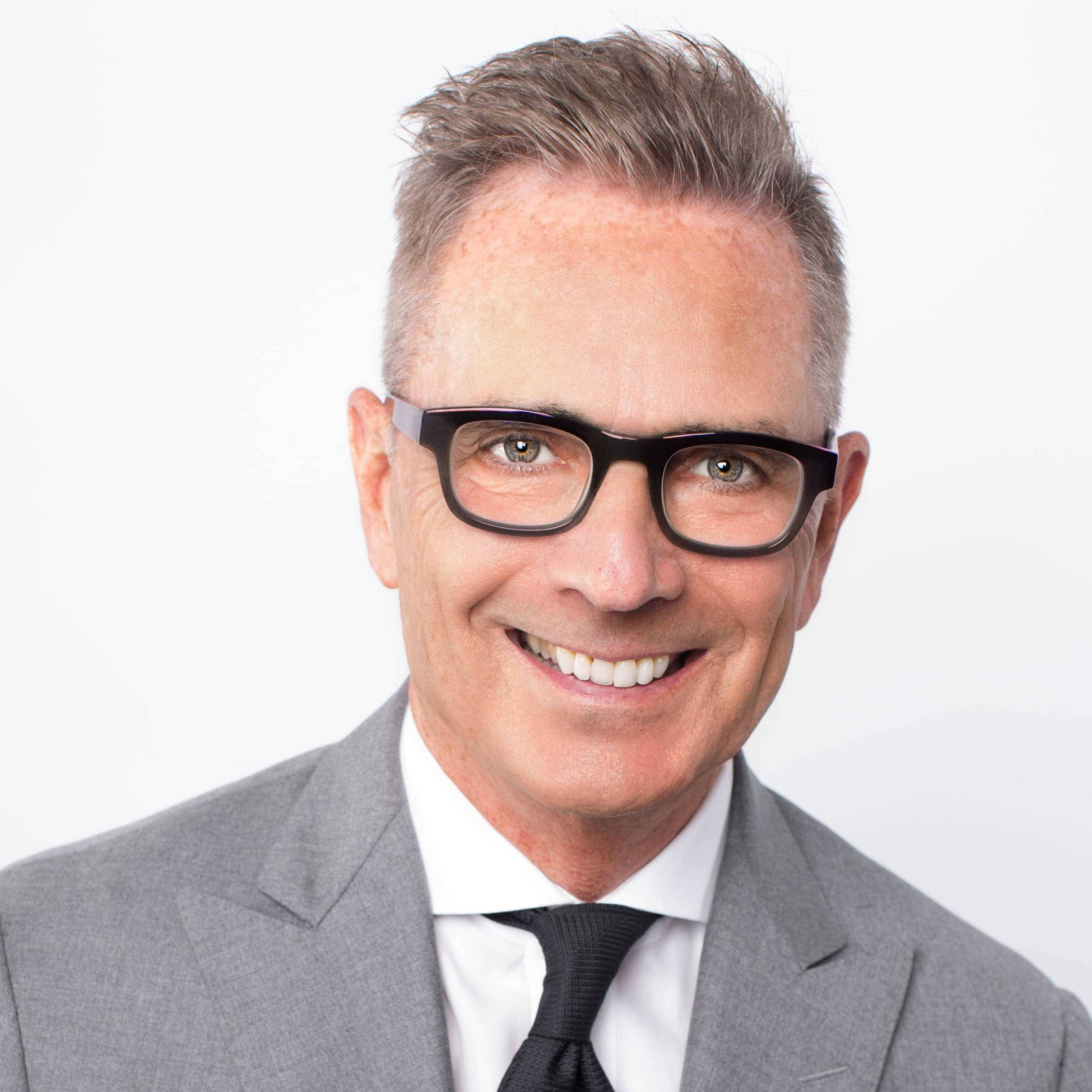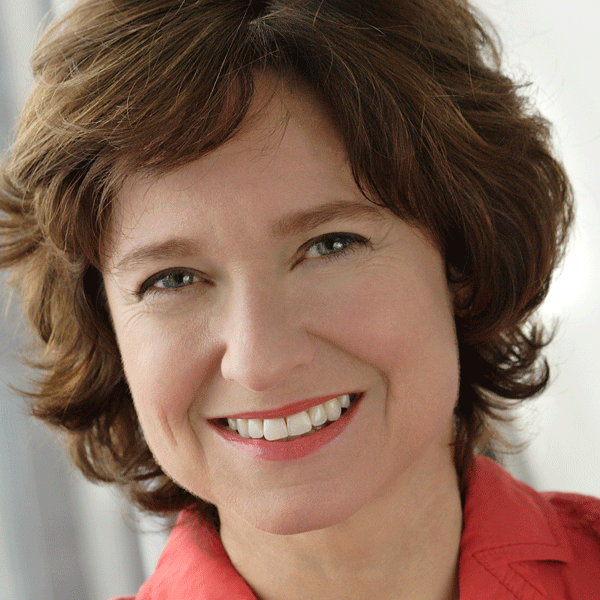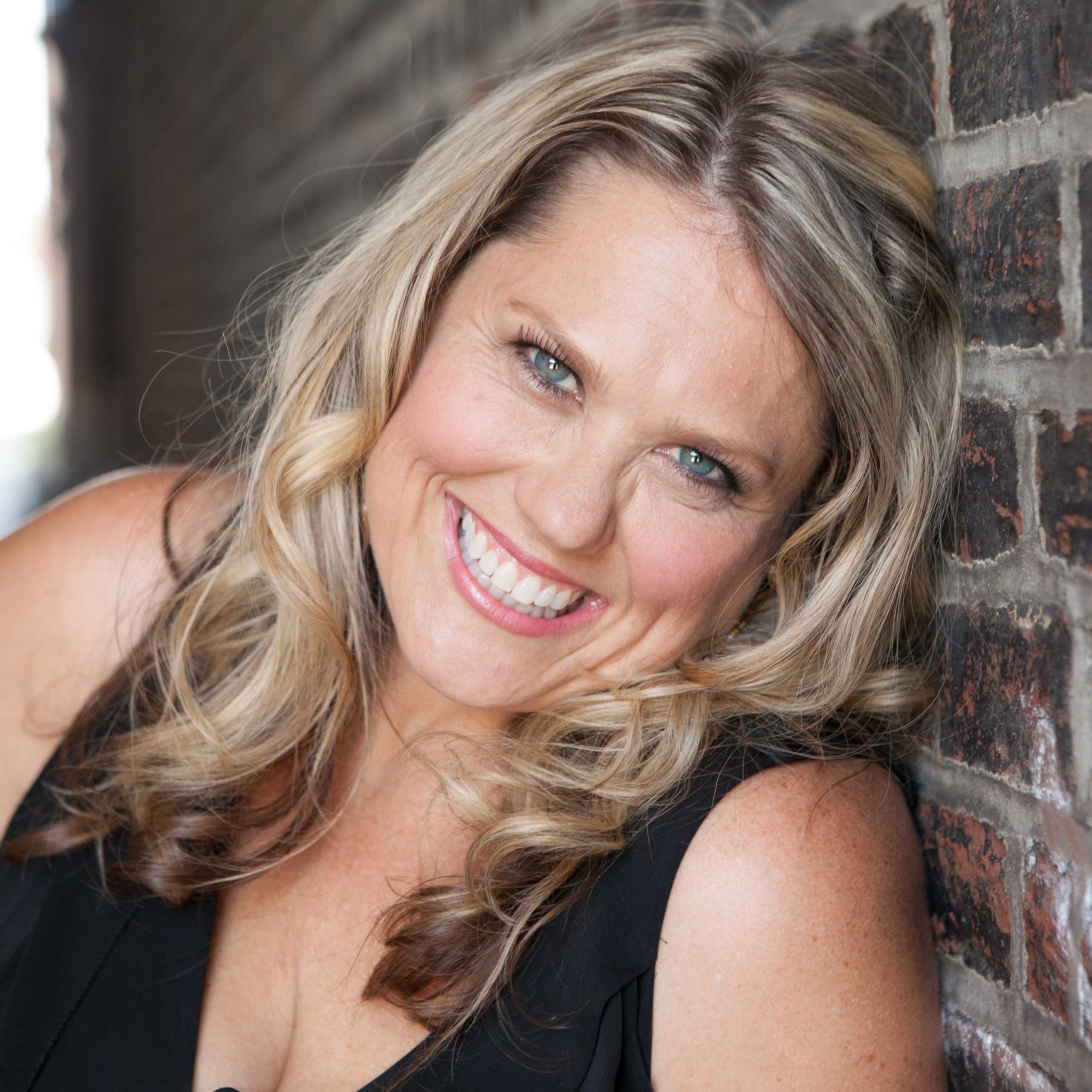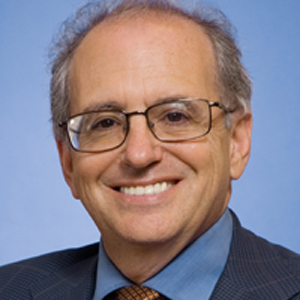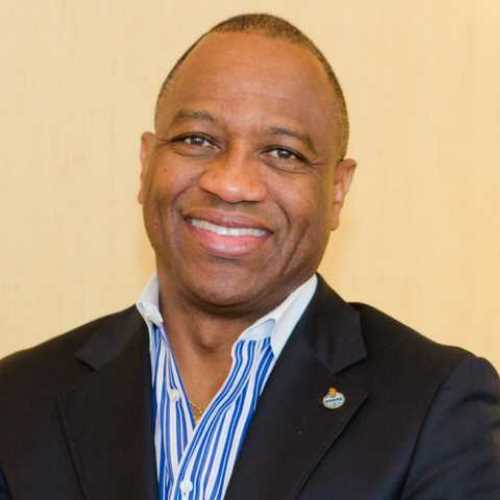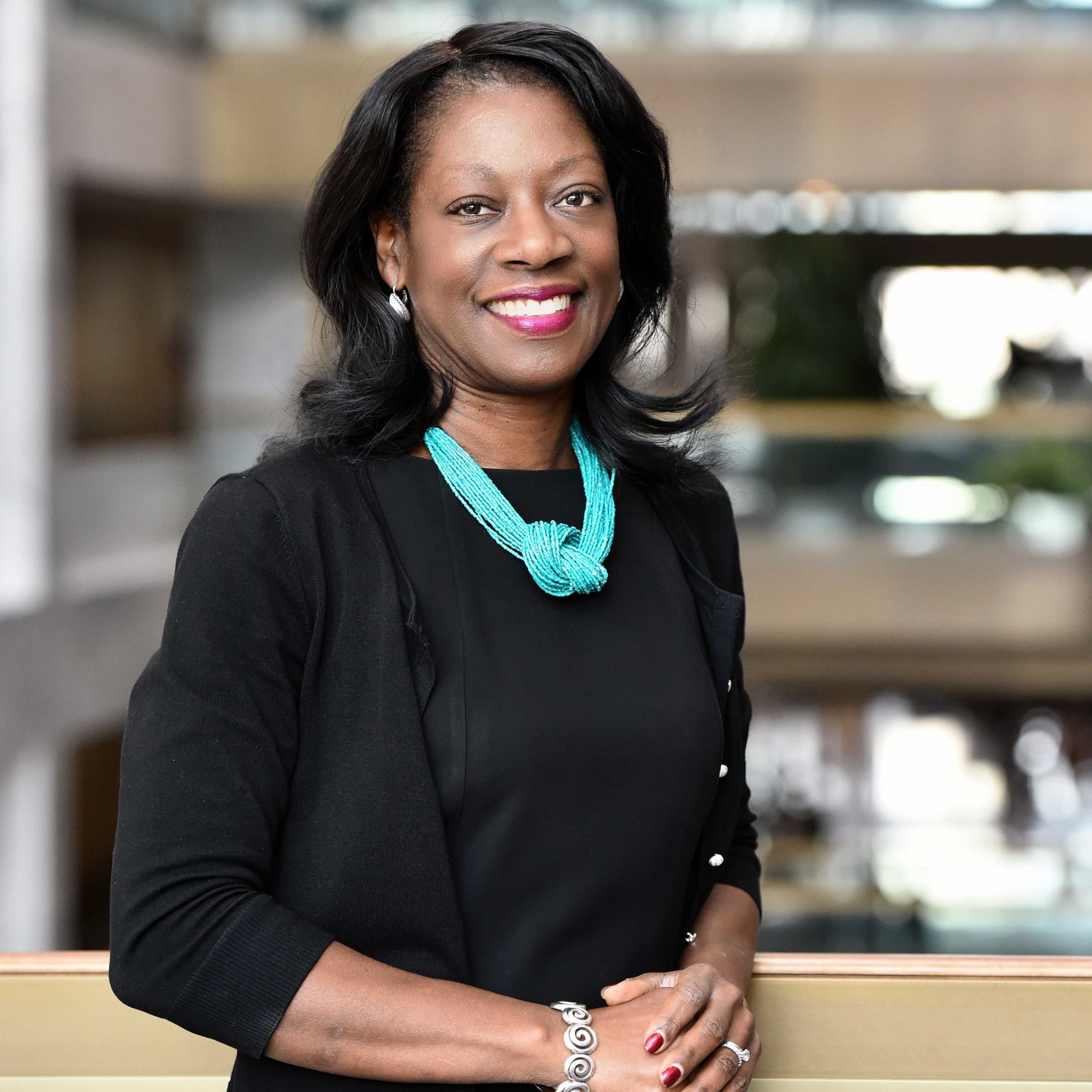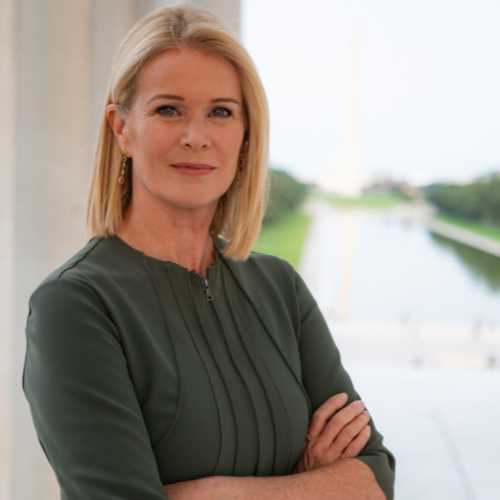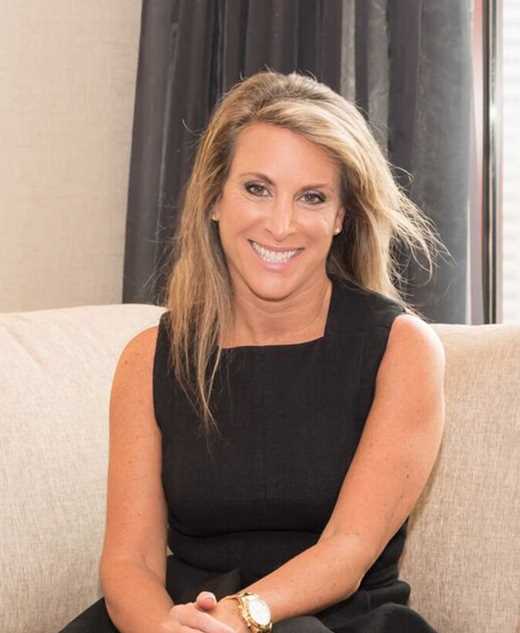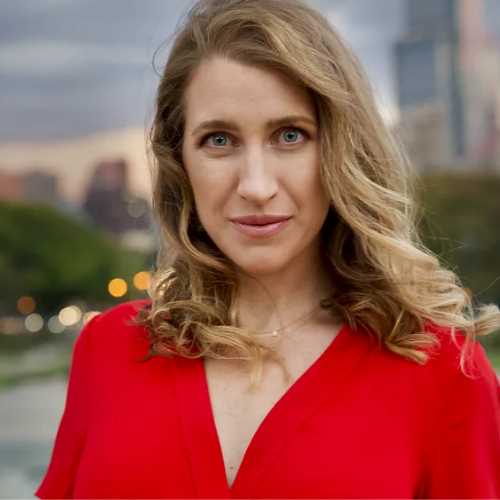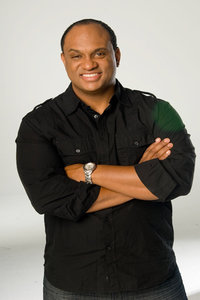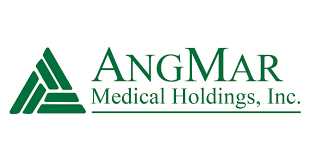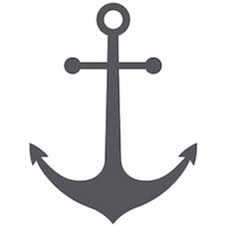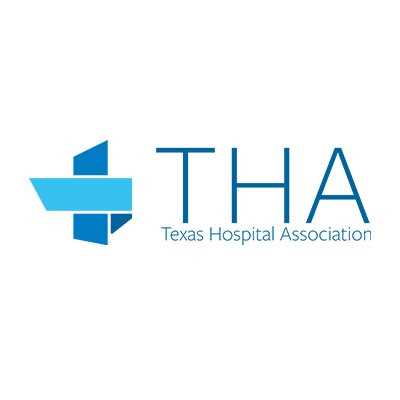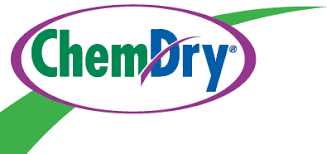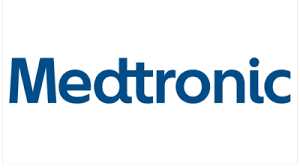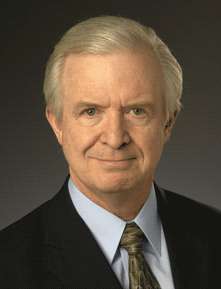
John Nance Speaker Biography
One of the key thought leaders to emerge in American Healthcare in the past decade, John J. Nance brings a rich and varied professional background to the task of helping doctors, administrators, boards, and front-line staff alike survive and prosper during the most profoundly challenging upheaval in the history of modern medicine.
Having helped pioneer the Renaissance in patient safety as one of the founders of the National Patient Safety Foundation in 1997, his efforts (and healthcare publications) are dedicated to reforming American Healthcare from a reactive cottage industry to an effective and safe system of prevention and wellness. A lawyer, Air Force and airline pilot, prolific internationally-published author, national broadcaster, and renown professional speaker, John's leadership is propelled by a deep commitment.
As a native Texan, John grew up in Dallas where he earned his Bachelor's Degree and a Juris Doctor Degree from SMU, and is still a licensed Texas attorney. Named Distinguished Alumni of SMU for 2002, and distinguish Alumni for Public Service of the SMU Dedman School of Law in 2010, he is also a decorated Air Force pilot veteran of Vietnam and Operations Desert Storm/Desert Shield and a Lt. Colonel in the USAF Reserve, well known for his pioneering development of Air Force human factors flight safety education, and one of the civilian pioneers of Crew Resource Management (CRM). John has piloted a wide variety of jet aircraft, including most of Boeing's line and the Air Force C-141, and has logged over 13,900 hours of flight time since earning his first pilot license in 1965, and is still a current pilot. He was a flight officer for Braniff International Airlines and a Boeing 737 Captain for Alaska Airlines, and is an internationally recognized air safety advocate, best known to North American television audiences as Aviation Analyst for ABC World News and Aviation Editor for Good Morning America.
Before joining ABC, John logged countless appearances on national shows such as Larry King Live, PBS Hour with Jim Lehrer, Oprah, NPR, Nova, the Today Show, and many others. He is also the nationally-known author of 20 major books, including the acclaimed WHY HOSPITALS SHOULD FLY (2009), and CHARTING THE COURSE (2012), plus five non-fiction: (Splash of Colors, Blind Trust, On Shaky Ground, What Goes Up and Golden Boy) and 13 international fiction bestsellers: Final Approach, Scorpion Strike; Phoenix Rising; Pandora's Clock; Medusa's Child; The Last Hostage; Blackout; Fire Flight; Saving Cascadia; and Orbit. Pandora's Clock and Medusa's Child both aired as major, successful two-part mini-series on television. (WHY HOSPITALS SHOULD FLY won the prestigious “Book of the Year” award for 2009 from the American College of Healthcare Executives).
John J. Nance has become one of America's most dynamic and effective professional speakers, presenting riveting, pivotal programs on success and safety in human organizations to a wide variety of audiences, including business corporations and healthcare professionals. He is a pioneering and well-known advocate of using the lessons from the recent revolution in aviation safety to equally revolutionize the patient safety performance of hospitals, doctors, nurses, and all of healthcare. He lives in Friday Harbor, Washington.
Believing in ZERO HARM!
And Saving the Patient Safety Revolution from the Quicksand of the "good enough" zone.
If you're worried about your institution's Patient Safety Revolution hitting a wall on this 20th anniversary of the original IOM Report (To Err is Human, 1999), you're thinking ahead, and you're on target: Too many healthcare institutions are seeing their hard-fought progress toward zero unnecessary harm and high-quality care seriously slowed and sometimes wholly derailed by several powerful forces, and once sidetracked, it's hard to get the train moving again.
Despite massive, sustained efforts, statistics still validate the staggering level of harm: 440,000 wholly avoidable patient deaths annually in American Hospitals (Dr. John James; Journal of Patient Safety, 2013), and over 4-million injured. It's enough to make hard-working, sincere healthcare leaders at all levels lose both heart and hope, which can trigger a backslide toward Cottage Industry medicine and the way we've always done it.
The heart of the problem, believe it or not, is a toxic assumption: "Medicine is far too complex to ever allow complete elimination of avoidable patient harm." Not only is that assumption dead wrong, the very key to maintaining the Safety and Quality momentum you've fought so hard to achieve lies in your belief system. As other inherently dangerous industries have realized (on their way to High Reliability), if you don't truly believe that sustained zero harm is achievable, you'll never even get close.
With the rapidly growing importance of the Patient Experience as a priority centered around High-Reliability status, safety and quality have now become a matter of financial survival. Yet there is a critical aspect of High Reliability that is too often missed: High Reliability is a philosophy, not a set of tactics and strategies, and that philosophy begins and ends with a sophisticated understanding of how human systems fail, and how to build systems that safety absorb the failures that can't be prevented.
Without the proper training and mentoring, pressured folks on the front lines (as well as their leaders) can conclude that their level of safety and quality is "good enough", which means acceptance of a certain minimal number of avoidable deaths, injuries, and near-misses from medical mistakes and human error. To patients and families with the misfortune to fall into that zone, however, "good enough" is chillingly unforgivable.
This fresh, up to date and highly useful presentation is based on the past few years of John J. Nance's practical research and consulting, and it will give you a current, real-world picture of the massive profession-wide challenges as well as provide immediate takeaways. It will also reinvigorate your team's drive, dedication, and enthusiasm by affirming the inestimable value of their contributions and showing them what they can achieve.
WHY HOSPITALS SHOULD FLY - THE ULTIMATE FLIGHT PLAN TO PATIENT SAFETY AND QUALITY CARE
Taking the title from the book by John J. Nance, this is the premier presentation that has been so in demand in the last 6 months in Healthcare (64 presentations by Mr. Nance alone in 2009). This presentation builds on the reality that American Healthcare is, in fact, a gigantic and complex Non-System and that to achieve real patient safety and quality of care in such a chaotic environment requires building healthcare for the first time into a coherent, interactive system. Inclusive in this revolutionary approach is the fact that the American Hospital cannot serve the patient’s best interests as long as it continues in the tradition of Ben Franklin (the creator of the first American Hospital) as an institution built only for doctors, not patients. The hospital MUST become a truly unified entity in which even the outside physicians consider themselves an integral and proud part of the team - rather than independent practitioners merely renting space for their patients in a farmer’s market. In addition, this lecture highlights the essential role of the physician AS a leader (rather than a commander) in orchestrating the amazingly effective shift to Collegial Interactive Teamwork based on open communications, caring and trust. How the hospital board and C-suite become essential to this process of change - and how it can all be torpedoed by a chief financial officer who refuses to understand the broader human effects of each cost-cutting decision - will upend your previous understanding. Why Hospitals Should Fly has become a runaway bestseller in healthcare worldwide, and this presentation - recommended for 1.5 to 2.0 hours - not only explains why but rallies the troops for immediate change.
(While not required, it is highly recommended that copies of the book either be provided the participants or made available in advance.)
TAKEOFF – CHARTING THE COURSE: LAUNCHING PATIENT-CENTRIC HEALTHCARE
WHY HOSPITALS SHOULD FLY ( ACHE’s 2009 Book of the Year) sparked a nearly unanimous question across American Healthcare: “How? Agreed, we should be like the safe, happy, and cost-effective St. Michael’s hospital depicted in the book, but how on earth do you begin the process of change? How do you start the journey?”
That is precisely the question this entirely new lecture deals with - and answers - using specific methodologies, recommendations, and strategies to help you spark an energized internal determination to be the best.
Based on the voluminous research underlying CHARTING THE COURSE, (the sequel to Why Hospitals Should Fly), and targeted on 2012's tsunami of challenges and changes confronting the industry, “TAKEOFF” tackles the question of what to do now regarding increased dependency on HCAHPS and patient satisfaction metrics, CMS pressures and curtailed reimbursement, the expanding list of “Never” events, and the massive challenge of creating a unified organization from a collection of siloed fiefdoms.
This dynamic lecture takes you with great clarity into the heart of exactly what steps must be taken by senior and middle management to lead your people to break free of the “Way we’ve always done it” syndrome. It gives virtually everyone in the American Healthcare setting a crystal-clear understanding of what has to be done, and in what order, to create a unified institution whose members from bottom to top are truly dedicated to zero harm, the highest quality of care, communication, teamwork in its highest expression, and a common level of ownership.
In fact, sparking that deep feeling of ownership in everyone is a key focus.
Understanding why it has been so difficult to bring the staff and the physicians together and how to end Medical Apartheid is a key, and the overall picture will be clearly explained and demystified. But there are many additional - sometimes hidden - elements covered as well, including (for instance) how to avoid the major mistake of building service lines around the medical and surgical procedures that stand a high chance of being abandoned in the near future.
“TAKEOFF” is about the very process of surviving at the clinical front lines while massively changing a culture, and the lessons and recommendations given will profoundly affect every nurse, physician, manager, pharmacist, and support staff member throughout the institution. As well as challenge the C-Suite and Board. This is about working together and creating cost-reductions, greater efficiency, job retention, and superior patient care. It is also about how to understand and use empty-room simulation, understand your own communication abilities and style, and value relationships as the glue that makes an institution come together.
This lecture is both a call to arms and a means of building a groundswell of enthusiasm and belief that we CAN dramatically change the culture, get to zero harm, and find new and highly-effective means of reducing costs and working together. It is nothing less than how to trigger and sustain a massive cultural change and innovate your own entirely new approaches to Just Culture and incident investigation and understanding, and focusing on the heart of how the HCAHPS scores and overall patient satisfaction metrics should be used if you want the levels of permanent, cost-effective, and meaningful improvement that will spell both survival and excellence.
CHARTING THE COURSE, by the way, is the follow-on story to the first book and it takes Dr. Will Jenkins from an energized observer of St. Michaels Hospital to the position of being the new CEO at fictional Las Vegas Memorial where he is tasked with creating a massive cultural transformation.
THE BOARD’S PIVOTAL ROLE IN PATIENT SAFETY
The average board of directors of the average American Hospital is facing a forced revolution, inclusive of a measure called Sarbaines-Oxley that - when passed by Congress - will impose individual personal liability on each director. It is not enough by half for a board to be concerned about patient safety - boards are primarily and individually responsible for each and every medical decision made in their institutions, and contrary to traditional practice, attempting to simply hand that clinical responsibility to the physicians opens the entire institution to ruinous lawsuits and public condemnation. Few board members understand these things, because the medical world has been changing so fast beneath their feet. Board members must now, as a group, undergo periodic training and substantive evaluation, and many board members who cannot keep up or devote the requisite amount of time - or who are simply not matched by experience to the task - need to leave. In fact, the time demands and level of expertise now required of boards nationwide may require changing the concept of hospital board membership as an unpaid public service to one of at least partial compensation. In other words, we may need to pay board members to exercise the massive time commitment required of them.
No CEO or other member of the C-suite in a hospital can provide the appropriate control and oversight of physicians without massive board resolve and participation, especially in the area of Best Practices. In fact, the very existence of a hospital, large or small, will depend in the near future on how fast its board can mandate and guide the clinical staff to adopt and thoroughly inculcate the growing list of best practices.
This lecture will revolutionize the way your board looks at its duties and will delve deeply into the cause-effect relationship of the board’s actions or inactions and the right of their hospital's patients to be free from unreasonable risk of inadvertent harm. With patient safety disasters (i.e. medical mistakes) now the 4th leading cause of death in the United States, these issues must be faced and acted on, not just debated. This is a pivotal wakeup call presentation best utilized in off-site board retreat settings.
ENDING MEDICAL APARTHEID
Aimed at physicians, this lecture targets the traditional 4-thousand-year history of keeping physicians separated from the rest of the healthcare community in ways that are ultimately the prime cause of poor communication, failed teamwork, toxic staff relations, and patient safety disasters. The bottom line is that it will be forever impossible to have a safe and effective medical care system until Medical Apartheid is ended.
In dozens of lectures during the last year, John Nance has guided doctors in how to overcome this traditional prejudice, and how to redefine themselves as team leaders with no loss of authority but a significant gain in effectiveness and respect by simply changing the way they relate to their own potential for mistakes, as well as the mistakes of others. This has been, in the majority of instances, a career-changing presentation.
THE 8 MAJOR DYSFUNCTIONALITIES OF AMERICA’S HEALTHCARE NON-SYSTEM
Bore-sighted at the subject of “Healthcare Reform” and how far we have to go from this first, very tentative and imperfect step of 2009, this lecture covers in completely up-to-date fashion not only the national shift in insurance methods but the particulars of why the overarching goal of reform will never work without changing from fee-for-service community. Healthcare must transition, and fast, to a true system that is compensated more when needed less by an increasingly healthy population.
The role of doctors and nurses and hospitals should be to improve health. The present system, however, cannot stay afloat financially if the number of patients needing its services drops significantly. Therefore, we have an upside down non-system that will only reward practitioners and hospitals if the public health does NOT improve (and the numbers of patients do not diminish). How we change that system into the “Firehouse Model” in which healthcare is compensated on an increasing basis for decreasing health problems resulting from their efforts is a key focal point of this talk, since the future of American Healthcare literally depends on finding the right answers (and methods).
THE MEDICAL-LEGAL MESS, AND HOW IT INDIRECTLY KILLS PATIENTS
When someone is injured by a medical mistake, our legal system is ill-equipped to respond. The section of tort law known as Medical Malpractice has only one tool: the extraction of money for the wrongful hurting or killing of a patient. And the only means to apply that tool is a ruinously expensive and slow process that requires the lawyers to prove the medical professionals being sued were the most negligent, careless, and outrageously unqualified oafs imaginable. Very seldom, however, do such persons exist. Most of the time those vilified in order to extract compensation are good doctors and nurses who have made a human mistake in a system ill-designed to catch it in time.
In reality, there are relatively few “Malpractice” cases in which the medical folk are bad actors or grossly negligent. In fact, more than 90% of the so-called MedMal cases have nothing to do with malpractice at all - rather they result from good people making uncaught mistakes in a flawed system. The law, however, has no way to adjust to that reality. Inflicting financial retribution is its only way of responding, and the process has driven countless life-saving lessons into silence through sealed records, gag agreements, and other societally sanctioned cover-ups. Worse, an inordinate fear of such a process has driven otherwise decent and honest men and women to lie and hide important information lest they are sued themselves.
Amazingly, however, very few people injured by medical mistake want money. What they want is answers and an apology, no additional bills for the botched medical “services” that led to the error, and a promise that the hospital/doctor/nurse/system will NEVER let it happen to anyone else. But, primarily due to practiced stonewalling by medical institutions and doctors, injured patients are forced to seek out a lawyer, only to find that very few can have their cases accepted. In the vast majority of cases not involving a celebrity or a terrible breach that could inflame a jury, ordinary people losing upwards of thirty or fifty thousand dollars as a result of their injury can’t get an attorney to represent them at all. Lawyers who work on contingency fee arrangements need a huge case with massive recovery potential to justify spending up to a half million of their firm’s money against an insurance-company led defense team. If the injury wasn’t fatal and wasn’t outrageous, the prospect of spending a half million dollars to recover 30-thousand makes no economic sense. Routine cases don’t bring in enough, and few patients can afford to hire a good lawyer to fight a case that may go on for years. The result: No representation, no recovery, and no correction of the system.
This lecture outlines how Mr. and Mrs. America have been completely disenfranchised by the current “Med Mal” system, and how the cure will require pulling the tort system completely away from incidents of medical MIS-practice - good people making human mistakes in an imperfect system.
In the meantime, untold information that could save lives is kept sequestered from the rest of the medical community through paralytic fear of being sued.

